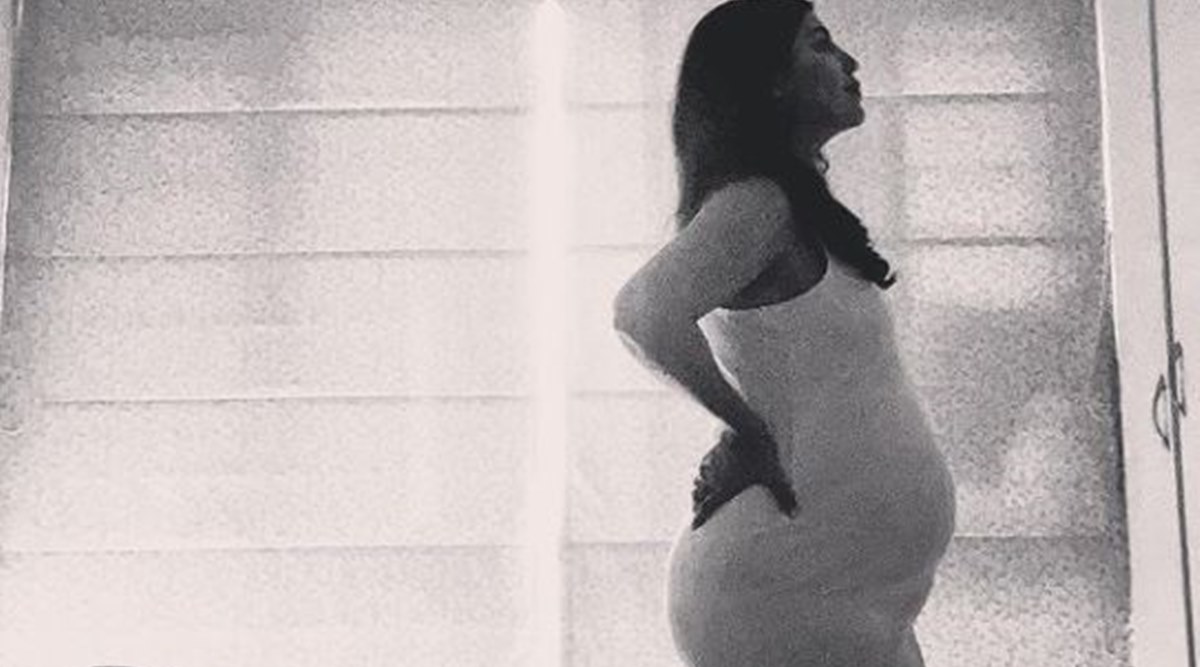What no one tells new moms about what childbirth can do to their bodies
Postpartum bodies need love, care and acceptance. Birthing a new life does not come easy. While new mothers nurture their newborns, understanding their own bodies and serving themselves too should be part of the postpartum journey.

By Dr Vanshika Gupta Adukia
While enough is said and discussed about the changes in the body of a woman during pregnancy, often enough emphasis is not laid on the postpartum repercussions that one may face after giving birth.
The focus often shifts to the well-being of the baby and the postpartum body challenges of the new mother often remain confined in the midst of their early motherhood struggles.
Constipation
Constipation during pregnancy is a wide topic of discussion, but the same constipation in the postpartum days is seldom mentioned. Studies reveal that over 60 percent of women develop constipation in the postpartum period which then goes on to become the main risk factor to developing haemorrhoids. Post-birth, the mother’s body goes through massive shifts with their organs being displaced and hormonal levels suddenly fluctuating, both of which greatly contribute to constipation. In addition to this, the possible pain from tearing or stitches makes it harder for women to empty their bowels comfortably.
 What childbirth can do with new mothers body (Photo: Debina/Instagram)
What childbirth can do with new mothers body (Photo: Debina/Instagram)
Distended abdomen
The growing baby in the uterus during pregnancy often compromises the abdominal muscles causing them to sometimes separate down to the centre. While this is normal and common in pregnancy, the presence of the same postpartum results in the mother’s abdomen looking distended and even affecting the abdominal muscle’s function. This condition is known as ‘diastasis recti’ and can be a reason for pain and pelvic floor problems too. Often women work towards vigorous abdominal exercise to reduce their ‘mumma pooch’ which in reality is the ‘diastasis recti’ that needs proper care and rehabilitation.
Postpartum hair fall
The shiny luscious hair that became part of the pregnancy journey suddenly seems to start falling apart simply when running one’s hands through their tresses. Postpartum hair fall is as real as it gets and is a result of the sudden drop in oestrogen levels post giving birth.
This hair fall normally peaks at four months postpartum and can be heavy but eventually will see regrowth of hair back again.
Bowel problems
Urinary incontinence, painful intercourse, incomplete emptying of the bowels, pain in the pelvis, low back pain – all of these are often symptoms of pelvic floor dysfunction which affects 25-50 percent of all postpartum women. Often, these symptoms are looked upon as routine post-baby which makes women neglect their bodies further, when in fact timely exercise and rehabilitation can work beautifully to rectify all the symptoms.
Hypothyroid
Postpartum thyroid dysfunction is one of the least spoken about body change after giving birth. It affects about 25 percent of all mothers and is often overlooked because hypothyroid symptoms often overlap those of postpartum depression, making the diagnosis difficult. Impaired memory, fatigue, dry skin, drop in milk supply, intolerance to cold, are some of the symptoms that new mothers should watch out for.
Postpartum bodies need love, care and acceptance. Birthing a new life does not come easy. While new mothers nurture their newborns, understanding their own bodies and serving themselves too should be part of the postpartum journey.
(The writer is Founder of Therhappy. She is a Pregnancy/Childbirth & Lactation Specialist and a Pelvic Floor Physiotherapist.)
For all the latest Parenting News, download Indian Express App.
Photos



- 01
- 02
- 03
- 04
- 05




























